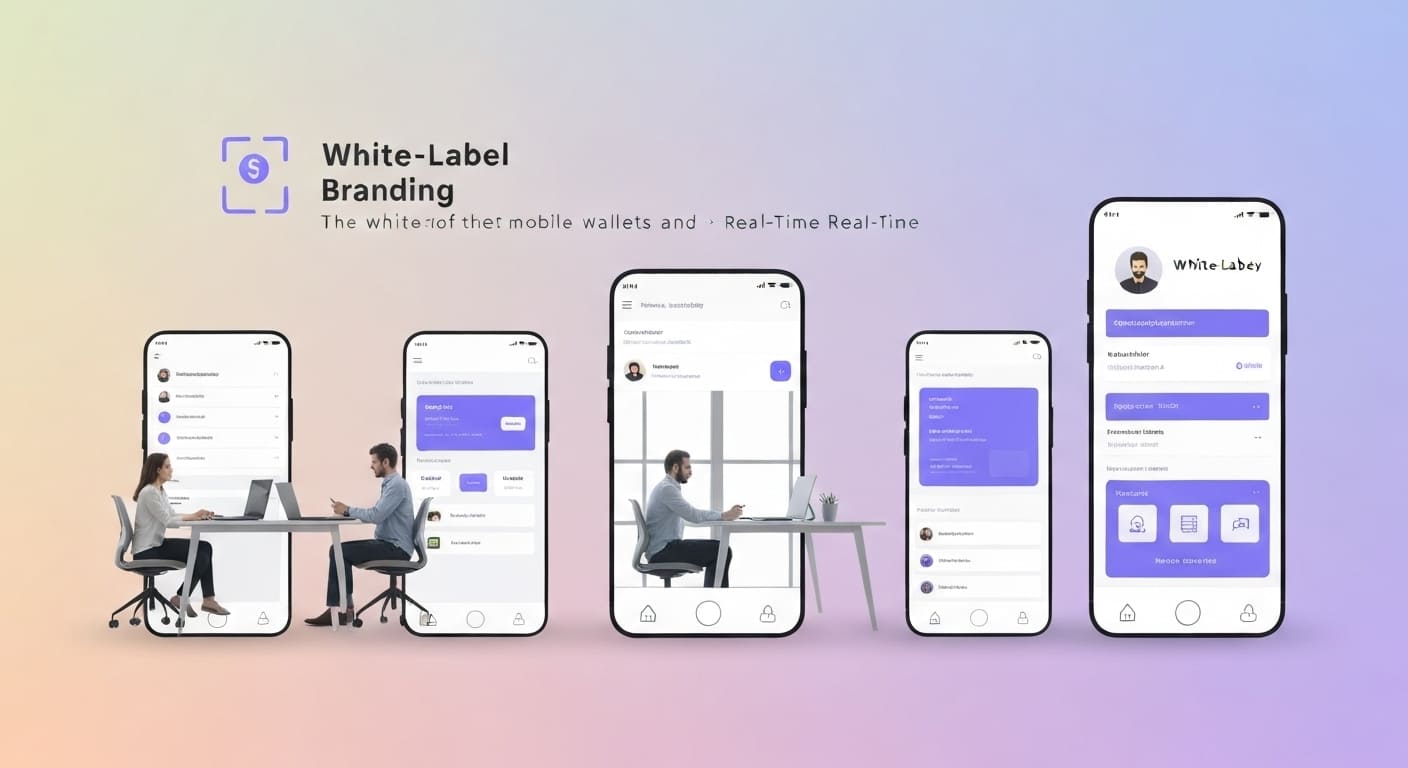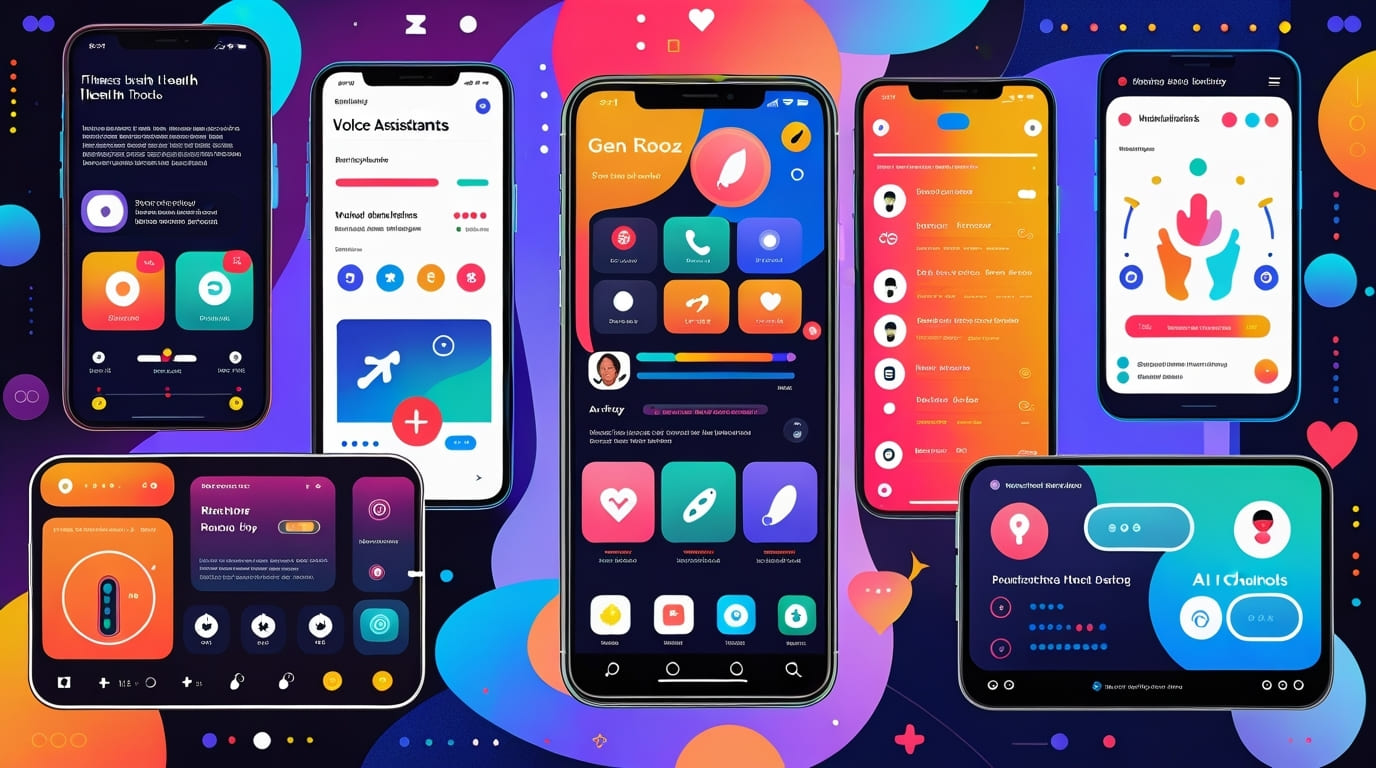TL;DR
This blog stresses that a modern Automotive Dealer Management System is crucial for success in 2026. It explains that the integrated platform combines Automotive ERP Solutions with customer management to centralise data and streamline operations. The blog also highlights key dealer management system features. The blog concludes that dealers must adopt these systems, especially cloud-based CRM Solutions and AI, to gain predictive insights and remain competitive in the fast-paced automotive sector.
Is your automotive business having trouble keeping everything on track? Do the siloed processes and scattered data take away your much-needed time? If managing different things like sales, inventory, and customer relationships is a lot to handle, don’t worry! Many businesses are still using spreadsheets, disconnected software, and inconsistent data. All this affects profit and the time taken for decision-making.
A robust automotive dealer management system can be a game-changer for your entire process. It brings together the tools for back office operations (Automotive ERP Solutions) and the features for interacting with customers (CRM) into one smooth platform. A modern DMS not only raises efficiency but also customer satisfaction by centralising the core functions and automating the workflows.
The pain points of your business can be solved by building a custom automobile dealership management system. It connects the inventory, sales, finance, and customer engagement into one system that flows smoothly.
What do you mean by an Automotive Dealer Management System?
An Automotive Dealer Management System is a high-end, integrated software package. It takes care of every aspect of the dealership’s operations. To put it in simple words, it is the central nervous system of your whole enterprise. It makes sure that the sales, service, and parts departments collaborate and do not work in opposition.
The Foundation: Automotive ERP Solutions
Automotive ERP Solutions are the main operational component of the system. They enhance the critical business functions by bringing them under a single digital platform.
- Inventory Management: This process keeps track of vehicles, spare parts, and accessories in real time. It supports both new and used vehicle sales processes.
- Parts and Service: It facilitates the process of parts ordering from suppliers. Moreover, it also takes care of service visit scheduling, work order management, and technician planning.
- Finance Integration: The sales data is linked with accounting, billing, and compliance. This provides you with accurate financial control and reporting.
The Frontline: Car Dealership CRM
Another essential part is the integrated CRM. It is centred around the customer journey.
- Lead Management: It automatically collects leads from every possible source: website, social media, and digital ads. It guarantees that follow-up is done promptly.
- Interaction Tracking: It records every interaction—calls, emails, test drives, and purchase history. As a result, a single customer profile is created.
- Customer Retention: It handles personalised communication and sales automation through CRM. Its post-sale follow-up and service reminder tracking is very effective in building loyalty.
Features of a Dealer Management System
The typical DMS must effectively combine ERP and CRM functionality. Let dealer management system features lead the way:
- Unified Data Platform: Break the data silos by integrating the Automotive ERP Solutions and CRM. This gives the whole organisation the benefit of shared, real-time access, thus collaboration is possible among the various departments.
- Real-Time Inventory and Sales Tracking: Keep an eye on the availability of vehicles and parts instantly. Stay updated on the entire sales pipeline status and closing rates with reports that are available at the minute.
- Automated Reporting and Analytics: Create reports that can be customized according to the user’s needs on sales performance and inventory turnover. Utilise visual dashboards to quickly locate bottlenecks and discover trends that are just starting to develop.
- Workflow Automation: Do away with the manual input of tasks. This also entails creating purchase orders, following up on payments, and sending service alerts. Get rid of that overburdened staff and let them interact with the clients and plan.
- Multi-Location Support: The software must not only be capable of facilitating your other showrooms but also possess the capacity to effortlessly network inventory, accounting and reporting of all locations irrespective of the number of showrooms.
- Mobile-Friendly Access: It is essential for managers to keep an eye on the operations even when they are not physically present. The sales and service departments should be able to use a mobile app to update the record from the showroom floor or a service bay in real-time.
Why Businesses Need an Automobile Dealership Management System
The need for a robust automobile dealership management system is not just about convenience; it’s about competitive necessity in 2026.
- Complex Inventory: Managing vehicle trim levels, accessories, and spare parts is complicated. A DMS handles this complexity with ease, ensuring accurate stock levels.
- Hyper-Personalisation: The integrated CRM uses historical data to provide personalised offers. This is crucial for sales automation with CRM and retention.
- Regulatory Compliance: The automotive sector is heavily regulated. A DMS automates compliance tracking for invoicing, vehicle registration, and financial reporting, reducing risk.
Benefits: The ROI of an Automotive Dealer Management System
The return on investment for a custom Automotive Dealer Management System is noticeable and substantial.
- Optimised Stock Levels: Real-time Automotive ERP Solutions prevent overordering or understocking. This keeps capital in the business and at the same time makes it available for sale.
- Increased Customer Retention: The CRM’s effective use along with the personalized follow-ups help in increasing customer loyalty. The result of loyal customers is a higher rate of repeat sales and an increase in referrals.
- Reduced Operational Costs: Automation of the monotonous responsibilities such as updating stocks and tracking orders reduces human involvement and thus gives more free time to the workers.
- Better Data Accuracy: The single point data entry not only eliminates the errors but also makes the whole data flow smoother which is very common with multiple and disconnected systems.
Popular Technologies & Tools in DMS
The DMS world is rapidly moving to the cloud and embracing AI.
| Technology/Trend | Tools/Examples | DMS Feature Impact |
| Cloud Platforms | AWS, Azure-based deployments | Provides scalability, cloud-based CRM Solutions, and remote access. |
| AI/ML | Predictive Analytics Engines | Forecasts demand, optimises parts inventory, and suggests service needs. |
| Modern Frameworks | Microservices Architecture | Allows for custom development of specific dealer management system features and easy integration. |
| Omnichannel CRM | Integrated Chatbots, SMS/Email Engines | Seamless, multi-channel customer interaction and efficient sales automation with CRM. |
Case Studies
Regional Dealer Group Unifies 12 Locations
Problem
A regional dealer group was running 12 different legacy systems. This meant sales and service data could not be shared. Reporting took a week every month.
Solution
They invested in a custom Automotive Dealer Management System with powerful Automotive ERP Solutions. The system provided multi-location inventory and unified financial reporting.
Outcome
They reduced monthly financial closing time from 5 days to 4 hours. Real-time inventory reduced vehicle transfer times between dealerships by 60%, increasing sales.
Luxury Brand Improves Customer Retention
Problem
A luxury car dealership struggled with customer retention after the warranty. Their generic CRM lacked automotive-specific functionality.
Solution
They implemented cloud-based CRM solutions tailored to their automobile dealership management system. This new CRM managed automated service reminders and personalised vehicle upgrade offers based on ownership history.
Outcome
Customer satisfaction scores improved by 22%. The personalised follow-up process led to a 15% increase in post-warranty service revenue and a measurable increase in trade-ins.
Conclusion
Automated regression testing does not merely serve as a supplementary layer of quality assurance; rather, it will be the indispensable ground for rapid and reliable software release during the year 2026. Henceforward, with the adoption of the modern automation regression testing approach and the implementation of the right automated regression testing tools, your teams will be able to anticipate quality issues rather than firefighting. This mastery is a sure way to attain smooth End-to-end DevOps automation.
Ready to overhaul your testing approach and transform your pipeline? Contact WildnetEdge today for expert DevOps consulting services and take the first step toward smarter automation.
FAQs
Q1: What is a Dealer Management System, and why is it important?
A Dealer Management System (DMS) is a unified system. It handles all the dealership operations of the automotive sector like inventory, sales, finance, and customer relations thus making the dealership more efficient and better informed.
Q2: How does auto ERP combine with a Dealer Management System?
Automotive ERP Solutions inside a DMS merge back-office functions that are core like inventory control, parts management, and finance. This not only lessens mistakes but also smoothens the processes, and acts as the operational backbone of the system.
Q3: Can a dealership CRM increase customer retention?
Indeed, a dealership-specific CRM allows for efficient sales processes through CRM. It monitors prospects, controls future communications, and conveys messages tailored to the customer, all of which result in increased customer satisfaction and loyalty.
Q4: What are the benefits of cloud-based CRM Solutions in a DMS?
Cloud-based CRM Solutions provide the advantages of flexibility, real-time data access from any device, scalability, and lower initial investment costs. This will significantly boost the responsiveness of your car dealership management system.
Q5: Which features are the key ones for a dealer management system?
The features of a dealer management system that are the most important ones ay the top are the ones that lead to improved customer relations, real-time inventory tracking and a single platform for financial reporting and powerful lead management tool designed especially for the automotive sector.

Managing Director (MD) Nitin Agarwal is a veteran in custom software development. He is fascinated by how software can turn ideas into real-world solutions. With extensive experience designing scalable and efficient systems, he focuses on creating software that delivers tangible results. Nitin enjoys exploring emerging technologies, taking on challenging projects, and mentoring teams to bring ideas to life. He believes that good software is not just about code; it’s about understanding problems and creating value for users. For him, great software combines thoughtful design, clever engineering, and a clear understanding of the problems it’s meant to solve.
 sales@wildnetedge.com
sales@wildnetedge.com +1 (212) 901 8616
+1 (212) 901 8616 +1 (437) 225-7733
+1 (437) 225-7733















 ChatGPT Development & Enablement
ChatGPT Development & Enablement Hire AI & ChatGPT Experts
Hire AI & ChatGPT Experts ChatGPT Apps by Industry
ChatGPT Apps by Industry ChatGPT Blog
ChatGPT Blog ChatGPT Case study
ChatGPT Case study AI Development Services
AI Development Services Industry AI Solutions
Industry AI Solutions AI Consulting & Research
AI Consulting & Research Automation & Intelligence
Automation & Intelligence













